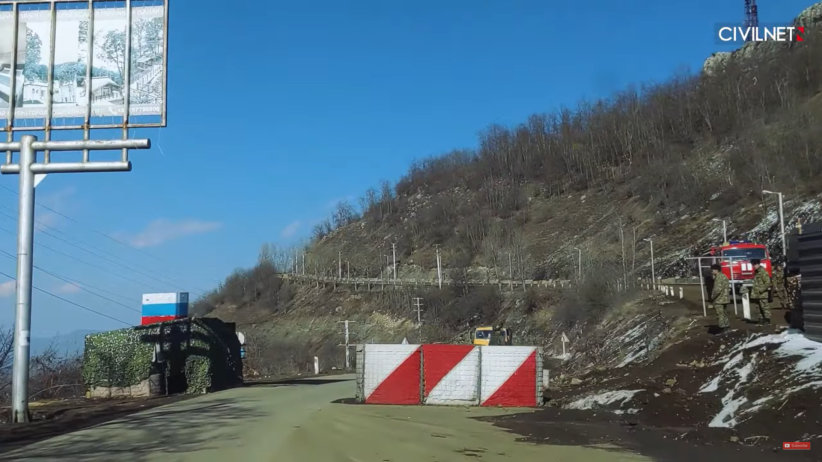By Mark Dovich
The absence of diplomats from France and the United States at a major Azerbaijani conference in the Karabakh city of Shushi on Saturday has sparked yet another round of recriminations between Baku and Washington.
Hikmet Hajiyev, a senior foreign policy advisor to Azerbaijan’s president, said the decision by France and the United States not to send their diplomats to Shushi amounted to “disrespect for our territorial integrity.”
“France and the U.S. have made no contribution to the resolution of the conflict as co-chairs of the OSCE Minsk Group over the past 30 years,” he continued. “By refusing to join the visit, they have once again demonstrated negligence.”
Since capturing Shushi during the course of the 2020 war in and around Karabakh, Azerbaijan has facilitated a number of visits to the city for foreign diplomats stationed in the country, but French and U.S. foreign service members have declined to travel there.
In a widely publicized trip in July, Russia’s ambassador to Baku paid his first official visit to Shushi alongside Azerbaijan’s ambassador to Moscow.
France, Russia, and the United States co-chair the Minsk Group, a body under the Organization for Security and Co-operation in Europe that has led efforts to mediate a peaceful resolution of the Karabakh conflict for many years, largely without result. Rising international tensions over Russia’s invasion of Ukraine in February have thrown the group’s future in serious doubt.
It was not immediately clear if Russian diplomats were among the over 150 foreign service officers who attended Saturday’s conference in Shushi, but Hajiyev pointedly did not call out Russia in his remarks.
The U.S. embassy in Baku hit back at Hajiyev’s comments the next day, telling the Azerbaijani service of Voice of America that “there is no greater supporter of Azerbaijan’s independence and sovereignty than the United States.”
The statement added: “U.S. embassy employees have visited many times and continue to visit all of Azerbaijan’s regions, including Agdam, Zangelan, and Fizuli. Embassy employees visit all regions of the country.”
Notably, those regions all lie outside the former Nagorno-Karabakh Autonomous Oblast, a nominally autonomous region of Soviet Azerbaijan with an ethnic Armenian majority, while Shushi is located within the boundaries of the former NKAO.
Meanwhile, David Babayan, Karabakh’s foreign minister, said the authorities in Stepanakert “welcome” the decision by Paris and Washington not to send their diplomats to Shushi, calling it “an important political and humanitarian step.”
The recriminations over Shushi come just days after another diplomatic spat broke out between Azerbaijan and the United States over Washington’s appointment last week of Philip Reeker, a well-known diplomat in the region, as the country’s new Minsk Group co-chair.
In response to Reeker’s appointment, a spokesperson for Azerbaijan’s Foreign Ministry warned on Twitter that “attempts to ‘resuscitate’ the de-facto non-functioning Minsk Group may result the USA to be estranged (sic) from the process of normalization of Azerbaijan-Armenia relations.”
Azerbaijan has repeatedly questioned the Minsk Group’s role in the region since the end of the 2020 Karabakh war. Its victory in that war, Baku has argued, rendered the group’s mandate moot. In contrast, Yerevan has continued to stress it remains committed to the Minsk Group format.
In response to Azerbaijan’s comments on “resuscitating” the Minsk Group, a State Department spokesperson underscored that the United States remains “committed to facilitating direct dialogue between Azerbaijan and Armenia bilaterally, multilaterally, and in cooperation with likeminded partners.”
High-level Armenian and Azerbaijani officials are slated to travel to Moscow on Tuesday to convene a joint border demarcation commission. Armenian Prime Minister Nikol Pashinyan and Azerbaijani President Ilham Aliyev are set to hold face-to-face talks in Brussels the next day.
In recent months, Russia and the European Union have each sought for themselves a greater role in Karabakh mediation efforts, as attempts to facilitate negotiations by the Minsk Group have stalled.
Also read (in Armenian): Why have Baku’s relations with Washington and Paris worsened?
















